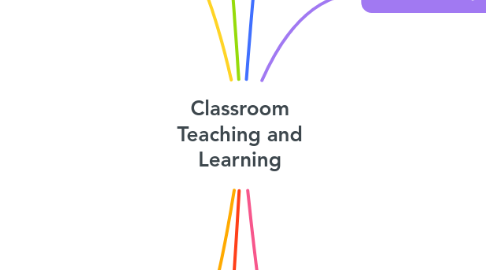
1. Ethics and professionalism
1.1. professionalism
1.1.1. class management
1.1.2. teacher qualification
1.1.3. lesson planning
1.1.4. good language and manner
1.1.5. lifelong learners
1.2. ethics
1.2.1. honesty
1.2.2. confidentiality
1.2.3. responsibility
1.2.4. conflicts
2. Policy and tranning education
2.1. the policies
2.1.1. tripartite and comprehensives
2.1.2. 1988 education reform
2.1.3. 1977 new labour
2.1.4. 2010 the coalition and the new right
2.2. evaluating policies
2.2.1. selection
2.2.2. globalisation
2.2.3. privatisation
2.2.4. raised standards
2.2.5. improved equality of opportunity
3. Scciology of education
3.1. class internal
3.1.1. student subcultures
3.1.2. class identities
3.1.3. education policy
3.1.4. setting and streaming
3.2. class external
3.2.1. culture capital
3.2.2. culture deprivation
3.2.3. material deprivation
3.3. gender
3.3.1. boys
3.3.2. girls
3.4. ethnicity
3.4.1. intellectual skills
3.4.2. attitudes and values
3.4.3. institutional racism
3.4.4. labelling
4. Measurement and evaluation
4.1. measurement
4.1.1. the procedures in educational test and assessment
4.1.2. example of raw scores,derived scores
4.2. evaluation
4.2.1. use assessment to make a determination of qualification
4.2.2. given in the defined criteria of each class category
5. Philosophy of Education
5.1. Essentialism
5.1.1. Essential 3R
5.2. Perennialism
5.2.1. Utilizing the great book
5.3. Progressivism
5.3.1. Learning by doing
5.4. Existentialism
5.4.1. having individual choice
5.5. Behaviourism
5.5.1. modifying behaviour
5.6. Constructivism
5.6.1. constructing meaning
5.7. Reconstructionism
5.7.1. having social reform
6. Educational Phychlogy
6.1. Learners
6.1.1. The learner learn will cause education completed
6.2. Teachers
6.2.1. Different teaching method will makes education become a reality
6.3. Environmental Conditions
6.3.1. Both influences of positive and negative
6.4. Teaching Methods
6.4.1. To use different teaching methods for individual differences
6.5. Piaget's Cognitive Theory
6.5.1. Four stages of children's cognitive development by Jean Piaget
6.6. Psychological Tests
6.6.1. The behaviour of students is measured by psychological tests are valid and reliable
6.7. Personality Theories
6.7.1. To measure the personality of students
6.8. Cognitive Science
6.8.1. To cognitive science studies how the brain works
7. Pedagogy
7.1. Strategies
7.1.1. Direct instruction
7.1.2. critical thinking
7.1.3. classroom discussion
7.1.4. problem based learning
7.2. Teaching planning
7.2.1. daily and year planning
7.2.2. district guidelines
7.3. Student motivation
7.3.1. cognitive capacity
7.3.2. cultural beliefs
7.4. Classroom environment
7.4.1. classroom management
7.4.2. composition of learners
7.4.3. rules and values
7.5. Essessment
7.5.1. self assessment
7.5.2. formative
